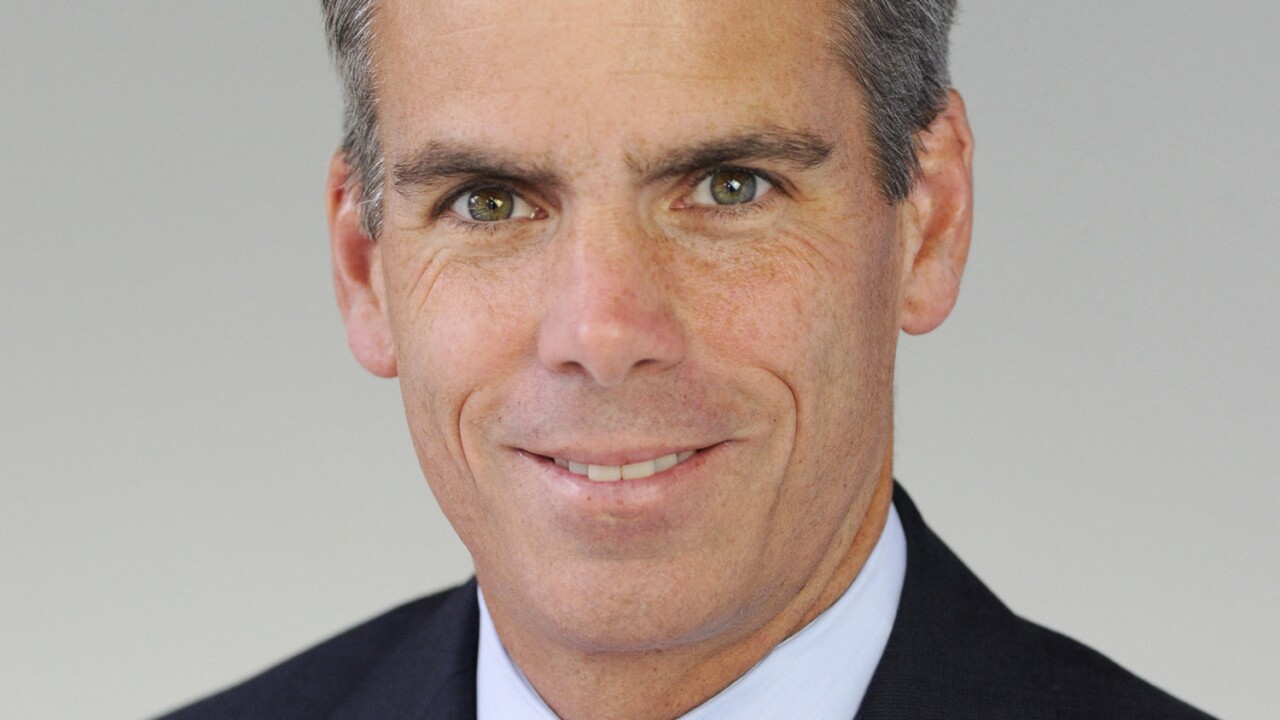
Dimon said the asset cap imposed on Wells,
Dimon also gave a shoutout to
"Congratulations. I mean, boy, they went through a long, arduous road," Dimon said. "I think it's grossly unfair, by the way, for a million different reasons. The punishment should fit the crime."
Wells had been barred from scaling past $1.95 trillion of assets after a litany of scandals — including consumer abuses — were brought to light. The San Francisco-based bank has invested to improve its compliance controls, and has been released from more than a dozen regulatory actions, including the asset cap.
Wells CEO Charlie Scharf, who was hired by the bank in 2019 and charged with turning around risk management, was a one-time protege and two-decade-long colleague of Dimon. Santomassimo is also a former
"My hat's off to them," Dimon said on Tuesday. "They've got great bones, they're earning good returns, they've got ambition — they're back."
Here are some of the other topics Dimon tackled during his 45-minute question-and-answer spot:
The perils of a mortgage business
Dimon said that although
"The mortgage business hasn't earned 17%, I mean if you add it all together, it's probably lost money in the past 50 years combined. It's a s—-- business," he said.
He added that regulators have made it more difficult for banks to make returns in the mortgage business, and they haven't come up with a better solution.
Banks face higher capital requirements from federal regulators than nonbank mortgage originators, a difference exacerbated by post-Dodd-Frank regulatory changes.
"It's being made worse by rules and regulations, but I think we can eke out a decent return there over time, and we're working on that," Dimon said of
Regulatory environment
Dimon has long sounded off about capital requirements that he sees as too high. He said Tuesday that there are now officials in place who want to "fix the regulations" — a reference to
Regulators have already made moves to
The
Regulators' decision to lift a seven-year-old cap on the size of the megabank's balance sheet will produce benefits over the long haul, but it won't result in any sudden gains, according to CFO Michael Santomassimo.
Major bank failures, like those of Silicon Valley Bank and First Republic Bank in 2023, could have been prevented with better regulation, Dimon said. He noted that the collapse of those two institutions led to special assessments on other Federal Deposit Insurance Corp.-insured banks.
"If I ran the FDIC with my CEO partners, we would reduce the risk that people were taking on interest rate exposure — like Silicon Valley Bank and First Republic wouldn't happen," Dimon said. "We could change certain basic things that would make it much easier for banks, make it easier for community banks. And we don't."
Reading list
In response to a question about what he reads, Dimon mentioned the yearly letters to shareholders penned by Berkshire Hathaway CEO Warren Buffett, Amazon founder Jeff Bezos and Capital One Financial CEO Richard Fairbank, along with analysts' reports and news articles.
Dimon's own much-anticipated annual letter this year warned of a "perilous and complicated" global environment. The letter, which came out shortly after President Donald Trump's sweeping March 2 tariff announcement, also cautioned about the potential danger of tariff policies.






